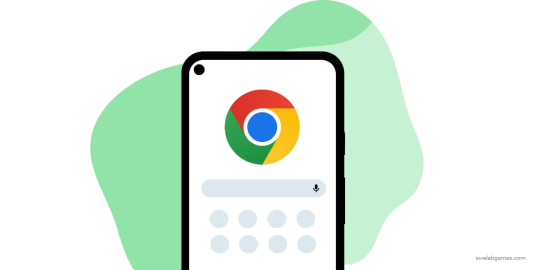
The highly acclaimed text-to-speech capability, a key feature enhancing accessibility across tech platforms, is set to make its debut in Google Chrome for Android. While Android users have been able to use Google Assistant to vocalize content, its utility has somewhat diminished over time. In contrast, Google's Reading Mode app, crafted especially for users with visual impairments, dyslexia, or other reading challenges, has risen as a preferred option for auditory content consumption. Now, Google plans to weave a variant of this assistive tool directly into Chrome, which could significantly streamline the experience of listening to web content on the platform.
With the arrival of Chrome version 120, users discovered a flag — chrome://flags#read-aloud — which is exclusive to Android devices. Yet, to harness the new feature, one must employ Chrome version 121, which is currently in its early release stage and is mainly obtainable through beta. Users of Chrome 121 on Android who activate this flag will uncover a fairly impressive functionality.
Selecting the "Listen to this page" feature found in the overflow menu, users are greeted with an intuitive bottom bar interface highlighting the current page title and website. The bar includes a play/pause button coupled with a progress bar. A tap expands this display to occupy a portion of the screen, revealing additional functionalities such as article duration, skipping controls, voice customization, and playback speed adjustments ranging from half speed up to four times the normal rate. The audio narration continues to play if you lock your phone or navigate different tabs in Chrome but ceases upon launching another app or exiting Chrome, which some may find bothersome.
The Chrome overflow menu has often been a topic of conversation due to its propensity towards clutter with each new iteration. The new text-to-speech tool nestles itself amidst this array of features and settings, somewhat concealed within the three-dot menu.
Easy-to-access and integrated accessibility features are always welcomed, and Google's direct inclusion of this tool into Chrome is undeniably beneficial. Still, the limitation where playback halts upon switching applications leaves room for improvement. Despite this, Chrome remains a top browser choice for Android users, not least because it's the default browser on the operating system. Nevertheless, even with Firefox's recent updates like third-party extension support, Chrome's addition of an in-browser text-to-speech option further enhances its user experience, though it's unlikely to be the decisive factor for those choosing between browsers.